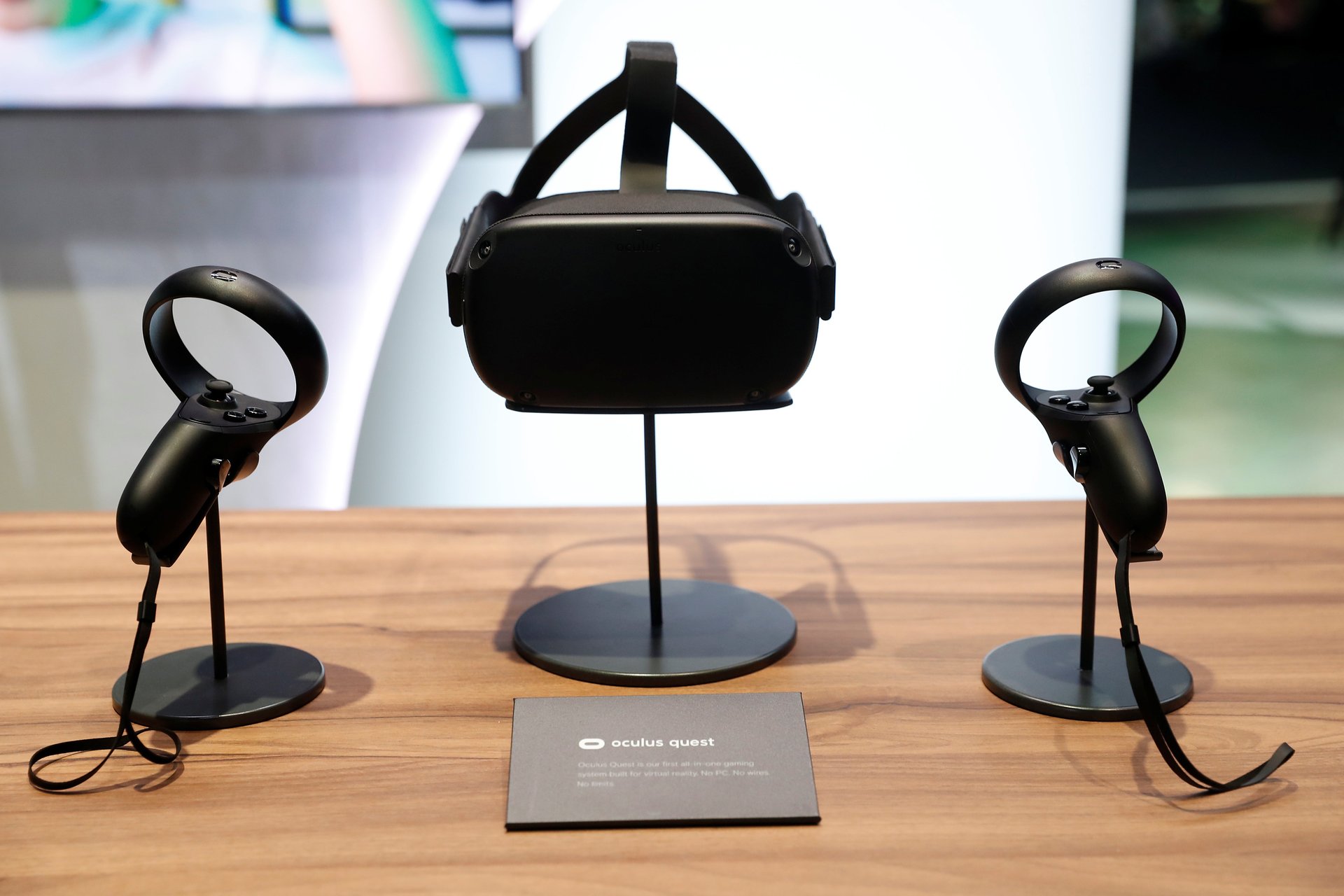Facebook has already announced its first acquisition as Meta
In December 2020, the US federal government and 46 state attorneys general sued Facebook, claiming that its acquisitions of Instagram and WhatsApp violated antitrust law. But while the government is still struggling to convince a judge that Facebook is in fact a monopoly, Facebook is continuing to buy startups.


In December 2020, the US federal government and 46 state attorneys general sued Facebook, claiming that its acquisitions of Instagram and WhatsApp violated antitrust law. But while the government is still struggling to convince a judge that Facebook is in fact a monopoly, Facebook is continuing to buy startups.
Last Friday, just one day after rebranding as “Meta,” Facebook announced that it’s acquiring Within, a Los Angeles-based startup behind the virtual-reality workout app Supernatural. Within has raised just over $52 million in investment to date, and Supernatural—which requires a subscription—has been available exclusively for Oculus, Facebook’s VR platform. The acquisition is Facebook’s sixth of 2021, according to Pitchbook, and at least its fifth VR acquisition in the past three years.
The deal highlights the mismatch between the pace at which the tech industry evolves and the pace at which law does. The US government brought its case against Facebook six years after the WhatsApp acquisition, and US courts move even slower. In August, the FTC refiled its case after a federal judge dismissed the suit, saying the agency hadn’t demonstrated that Facebook was a monopoly.
The deal also points to a paradox in current antitrust doctrine: To win its case against Facebook, the government needs to define the tech giant’s remit narrowly. And while the company’s VR buying spree is giving some Facebook watchers “Instagram-in-2012 vibes,” such acquisitions are unlikely to bolster an antitrust case focused on a photo-sharing and messaging app, respectively. That leaves Facebook plenty of runway to focus on its next decade while the courts are arguing about its last one.
The antitrust case against Facebook
In recent years, many academics and policymakers have warned of the power big tech platforms have to thwart competition, including by buying up nascent competitors. The FTC’s case against Facebook centers on its acquisition of Instagram in 2012 for $1 billion and Whatsapp in 2014 for $19 billion. The FTC alleges that “Facebook has systematically tracked potential rivals and acquired companies that it viewed as serious competitive threats.” Facebook claims those acquisitions were legal and led to the improvement of both apps—and that the FTC is ignoring its many competitors.
The key sticking point for the FTC is convincing a judge that Facebook is dominating its market; to do that, it wants to define Facebook’s market as narrowly as possible. The updated FTC complaint alleges that “Facebook holds monopoly power in the market for personal social networking services,” and that its next biggest competitor is Snapchat. It specifically says that these services operate in a different market from “content broadcasting” apps like TikTok and YouTube.
It stretches credulity to say that Instagram and TikTok don’t compete, but the choice is strategic: The narrower the market, the easier it is to show that Facebook holds a dominant market share. (US courts have generally required at least a 70% market share to rule that a company has market power.)
Meta’s acquisition of a virtual fitness app doesn’t change its market share in social networking, so it doesn’t directly bolster the FTC’s case. And Facebook would likely argue the very fact that it’s obsessing over the metaverse highlights the competition it faces as technology evolves.
On the other hand, FTC chair Lina Khan made her name with a paper arguing that US antitrust law was “unequipped to capture the architecture of market power in the modern economy” for just these reasons. She focused on Amazon, arguing that its power comes from its position spanning numerous markets—just as Facebook arguably gains its power from its position straddling “social networking services,” “content broadcasting,” and now VR.
But it’s not illegal in the US to be a big company spanning several markets. It’s illegal to impede competition. Regulators will need to make their case one market at a time.